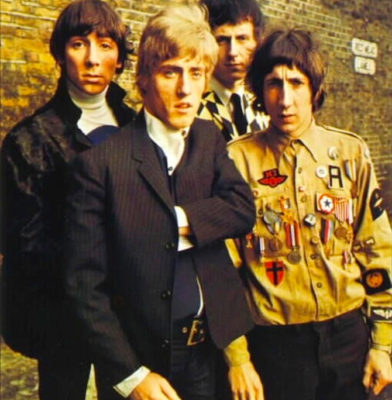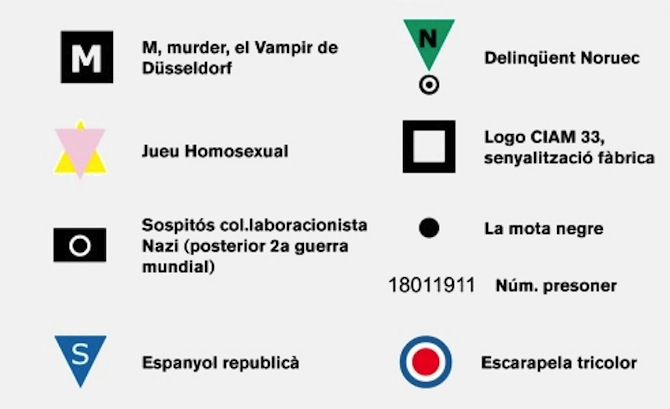Search
To search for an exact match, type the word or phrase you want in quotation marks.
A*DESK has been offering since 2002 contents about criticism and contemporary art. A*DESK has become consolidated thanks to all those who have believed in the project, all those who have followed us, debating, participating and collaborating. Many people have collaborated with A*DESK, and continue to do so. Their efforts, knowledge and belief in the project are what make it grow internationally. At A*DESK we have also generated work for over one hundred professionals in culture, from small collaborations with reviews and classes, to more prolonged and intense collaborations.
At A*DESK we believe in the need for free and universal access to culture and knowledge. We want to carry on being independent, remaining open to more ideas and opinions. If you believe in A*DESK, we need your backing to be able to continue. You can now participate in the project by supporting it. You can choose how much you want to contribute to the project.
You can decide how much you want to bring to the project.

In a photograph of The Who, Pete Townshend appears with an adolescent look posing in a safari-coloured shirt that harks back to the military (both the shoulder flaps and the colour) full of logos and medals. In another photograph taken sometime later, though now in black and white, Keith Moon, the drummer of The Who, poses among Lambretta scooters wearing a turtleneck jersey on which appear in writing the letters POW. POW are the initials used to designate and identify prisoners of war. The strategy of The Who was the forerunner of the strategies used years later by London’s first punks, with a mixture of logos, medals or signs ranging from the A within a circle representing anarchism to the swastika. The aim at that time was to dismantle all the signs by taking them out of context. A strategy much employed by the Situationists in their detournement and one that is resoundingly Dada.
All these are references (explicit ones in the case of the photographs of The Who) in a small work by Dani Montlleó that is ideal for considering issues regarding identity: “Townshend’s shirt” (now obviously in reference to the photograph). This piece by Dani Montlleó is a small doll, measuring fifteen centimetres in height, which he has produced for Arts Coming. Apart from not having a head (which turns it into a sort of prototype or uniform) what stands out is that what would be the torso, the shoulder and arms, are full of logos and signs. It is hyper-labelled. With one peculiarity, most of the labels have been used by various regimes to designate different types of people who have been excluded, locked up, stigmatised and socially marginalised: the Jewish woman corrupting the race, delinquent Gypsy, politically dangerous and recidivist Pole, homosexual Jew, republican Spaniard and over fifteen other logos.
“Townshend’s shirt” is that of “the super-discriminated”, the one that contains all repudiated identities, the identities fabricated by One and The Same and relegated to the margins. Identity, that thing that clearly distinguishes between the same and the other. The otherness that remains marginalised, that doesn’t want to be represented but is represented and marginalised.
The work by Dani Montlleó denounces this differencing, the pertinence of which, in these times when new modes are propelling us towards uniformity, is worrying.


http://www.davidgtorres.net
"A desk is a dangerous place from which to watch the world" (John Le Carré)